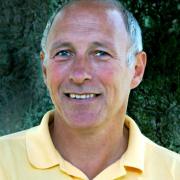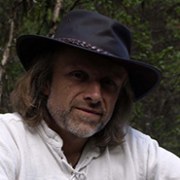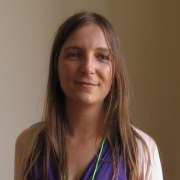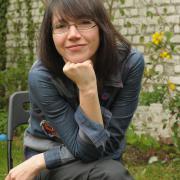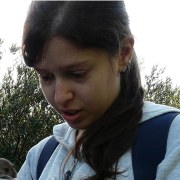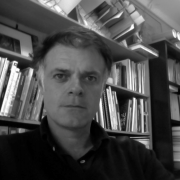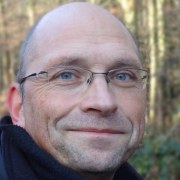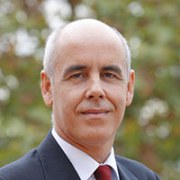Find this session's presentations here.
This workshop is organised by the Ecsite Nature Group, a thematic group that brings together professionals and institutions who engage audiences with nature. The workshop is open to all, join!
Urban nature is about the city as a habitat - for humans, animals and plants. The majority of Europe's population now lives in cities, and this is where many get their great nature experiences. Cities have a huge potential for species that would otherwise have a hard time.
Museums and science centres can in many ways support research and creative expressions focusing on bringing nature back into our consciousness, language and creativity.
Cities and nature is like a book. There are stories about buildings, and urban development, there are stories about life and recreation, stories about bees, butterflies, birds and wildflowers. Urban nature can help us exploit the large potential of nature in the city and expand the creative sector's horizon.
A detailed programme is here.

